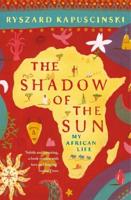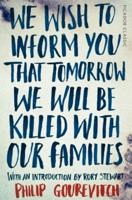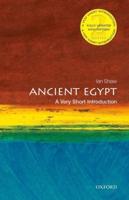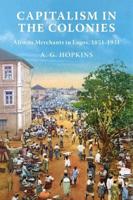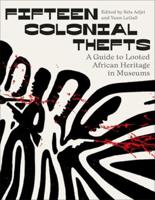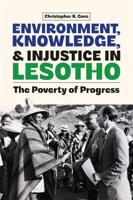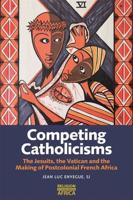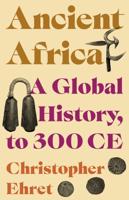Publisher's Synopsis
In 2012-13, after an epic legal case, 5,224 Kenyans were awarded compensation of several thousand pounds each for torture and abuse by Britain dying the period 1950-59. A total of £19.9 million was paid out.
This novel, through focussing on particular individuals involved in the struggle for freedom, tells the story of the Kenyan people's struggle for land and independence that forms the backdrop to the legal case. It covers both the Kenyans' response to oppression in jungle and town in the 1950s, and the British army's tactics, including the use of torture.
A few decades before the freedom struggle, the UK had taken most of the good agricultural land in Kenyan and imported white farmers to farm it.
The UK reaction to a Kenyan demand for the right to vote and the return of land was to arrest virtually the whole leadership of the land and freedom campaign and deport them far way.
The Kenyan people reacted with mass mobilisations and an ever more popular military campaign, much of this taking place in the jungle.
Many of the novel's characters are freedom fighters, some poor and from the streets, others who became the rebel leadership. We see the great hardships suffered and the life-threatening risks taken, as well as terrible examples of the torture.
We also see leading Army officers on the British side, as they plan their campaign, and Prime Minister Winston Churchill, who ordered the torture.
Finally, we see the great lengths taken by the British to hide the evidence of torture over decades, and the enormous effort made to prevent the trial taking place.
Dedan Kimathi, Mau Mau leader, says, before he is executed:
'I am content. I have, with your help, planted and weeded Kenya's farm. Soon the harvest will come. The albino crows, with their white appearance but their deadly claws, will leave. Kenya will be independent.

